Various sanctions have been imposed in relation to the break-up of the former Yugoslavia dating to the early 1990s, by OFAC, the EU and the UN. Two programmes currently remain in force: one OFAC programme targeting individuals tied to ethnic violence and war crimes in the 1990s and an EU programme focussed on protecting the territorial integrity of Bosnia and Herzegovina.
On 25th March 2024 the EU renewed its Balkans sanctions program until 31st March 2026.
Sanction Name
Council Decisions Concerning Restrictive Measures In Bosnia And Herzegovina
First Imposed
Last updated
Targets
Asset Freeze and Travel Ban:
• No individuals are currently listed although the legislative framework remains in place.
Exemptions
1. Exemptions can be granted on a case-by-case basis for humanitarian grounds or in relation to the attendance of inter-governmental meetings.
Sanction Name
Blocking of Persons Who Threaten International Stabilization Efforts in the Balkans
SANCTIONS
First Imposed
Last updated
Targets
Specially Designated National:
• Individuals and entities linked to violence, acts of aggression, and those deemed to be undermining democratic institutions and processes for political gain.
Exemptions
1. US lawyers are permitted to represent persons whose property, or interests in property, have been blocked as part of cases heard in the International Criminal Tribunal for the former Yugoslavia.
2. Transactions relating to the manufacture, distribution, operation, installation, or maintenance and repair of pumps manufactured or distributed by Kaldera Company EL PGP are authorised.

